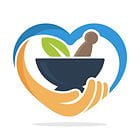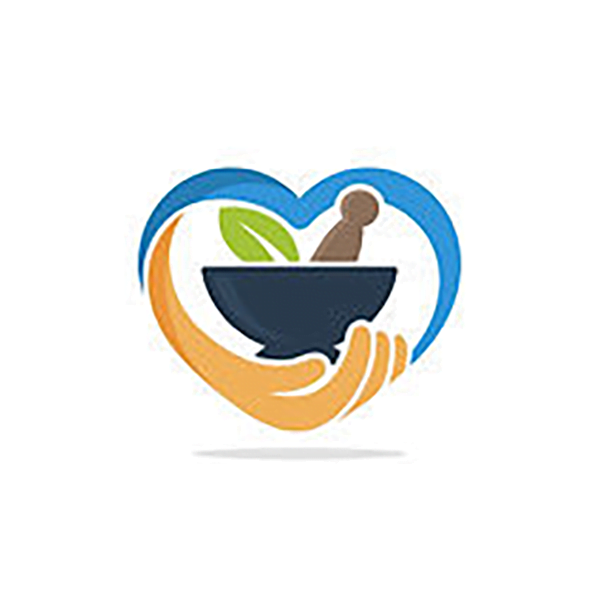What are the four main food groups?
Dairy
Dairy products can include cheese, yogurt, sour cream, and cottage cheese. Dairy food holds calcium which helps build healthy teeth and bones. It is also a good mix of energy, protein, carbohydrates, and fats. And have a wide range of vitamins and minerals, for vegans and vegetarians’ who do not have dairy in their diet there are, dairy alternatives such as fortified soya products, plant-based milk, treeline nut cheese, dairy-free ice cream, soya yogurts
Protein.
This includes meats, such as beef, chicken and pork, seafood such as salmon, tuna, and mackerel, for vegans and vegetarians they get there protein solely from plant base protein, legumes, whole-grains, nuts, and seeds. This would include Brazil nuts, pumpkin seeds, sunflower seeds, lentils, beans, quinoa, peanut butter, and tofu. This is where the main source of protein comes from for a vegan and vegetarians. Women should aim to get 46g of protein where men should aim for 56g. You should try and eat protein with every meal. Seeds and nuts would make a great alternative to sugary snacks
Grains.
Grains Are part of the Po-aceae family. They include brown rice, buckwheat, oatmeal, whole wheat bread and pasta, millet, cereal, rye, bulgur, and popcorn. Whole grains are the healthiest grains, including grounded as they are unrefined, so they still have all parts of the seeds the bran, germ, and endosperm. However, you may need to take extra B9 vitamin (folic acid) as whole grains are not normally fortified with vitamin B9. Refined grains have a longer shelf life because they lose the bran and germ. This process also removes nutrients.
Examples are white flour, white rice, cornmeal, and white bread. Some refined grains do have certain vitamins like folic acid, riboflavin, Thiamin, and niacin (B-vitamins) added back after they been refined. You should aim for at least four portions of grains a day, making them whole grains where possible
Fruit and Vegetables.
Fruit and vegetables, you should aim for five to nine portions of fruit and vegetables a day. That is a minimum of five 80g portions. This can be fresh, tinned, dried or frozen. This excludes potatoes as they are high in starchy carbohydrates and little protein. Also, as our body digests these carbohydrates quickly, they give our glycaemic index a sudden surge and then it falls. You can make smoothies and fruit juice, but they should be limited to 150ml a day.
As this method releases the sugar in the fruit and vegetables. There are many different fruit and vegetables coming in all different flavours, colours, size, and texture all with suitable number of vitamins and minerals including folic acid, vitamin A, C, and E, potassium, they hold good fibre, magnesium and zinc, fruit and vegetables can make for a healthy snack
Why do you need water?
Water is especially important and takes part in many body processes. When you drink water, you replenish your stores.
We need to stay hydrated so our body can function at its peak.
Benefits of drinking water include:
keeping your body temperature within a normal range
lubricating and cushioning your joints
protecting your spine and other tissues
helping you eliminate waste through urine, sweat, and bowel movements
Drinking enough
Water is also fantastic for our complexion for example, water keeps your skin looking healthy. Skin is your body’s largest organ. Drinking eight glasses of water a day will help us to stay hydrated. And because water holds zero calories, water can be an excellent tool for managing your weight, as well
Keeping hydrated is vital for our health and well-ness
Around 60 percent of the human body is made up of water our planet earth is around 71%
Adult humans are 60 percent water, and our blood is 90 percent water.
Every single cell and our organs need water. Water is needed to lubricants the joints.
- 1, Our cartilage which can be found in our joints. And the disk in our spine hold 80% water.
- 2, Water carry’s oxygen throughout our body. Our blood is 90% water, our blood carries oxygen all over our body.
- 3, Water aids in the production of saliva, which helps us digest our foods, keeps our eyes, nose, and mouth moist, and helps prevent plaque build-up and help prevent tooth decay. Water also helps make mucus,
- 4, It boosts skin health and beauty. When we are dehydrated our skin can become more vulnerable to skin disorders and premature wrinkling.
- 5, It cushions the brain, spinal cord, and other sensitive tissues
- Dehydration can affect brain structure and function. It is also involved in the production of hormones and neurotransmitters. Prolonged dehydration can lead to problems with thinking and reasoning.
- 6, It regulates body temperature
- Water that is stored in the middle layers of the skin comes to the skin’s surface as sweat when the body heats up. As it evaporates, it cools the body.
- 7, Having a glass of water when we feel hungry can take that feeling away so staying hydrated is fantastic for weight loss.
- 8, our bowel’s need water so they can function at the peak of their ability, dehydration can lead to constipation as well as increasing stomach acid.
- 9, It boosts performance during exercise
- Some scientists have proposed that consuming more water might enhance performance during strenuous activity.
- 10, it flushes body waste
- Water is needed in sweating and removal of urine and faeces.
- 11, Staying hydrated can help support a health blood pressure as hydration can cause the blood to thicken
- 12, our airways need it
- When dehydrated, airways are restricted by the body in an effort to minimise water loss. This can make asthma and allergies worse.
- 13, makes minerals and nutrients accessible.
- Certain nutrients dissolve in water this is how they travel throughout the body till they reach Their targets.
- 14, prevents kidney damage, our kidneys helps regulate the fluid within the body. To stop kidney stones and other health problems staying hydrated is key.
- Tips for drinking enough water
You may be able to meet your water intake goal by drinking when you are thirsty and with your meals. If you need some extra help consuming enough water, check out these tips for drinking more:

Try carrying a water bottle with you wherever you go, including around the office, at the gym, and even on road trips.
Focus on fluids. You do not have to drink plain water to meet your hydration needs. Other reliable sources of fluid include milk, pure fruit juices, tea, and broth.
Skip sugary drinks. While you can get fluid from soda, juice, and alcohol, these beverages have high calorie contents. It is still smart to choose water whenever possible.
Drink water while out to eat. Drink a glass of water instead of ordering another beverage. You can save some cash and lower the total calories of your meal, too.
Add some flair to your water by squeezing in fresh lemon or lime juice.
If you are working out hard, consider drinking a sports drink that has electrolytes to help replace the ones you lose through sweating.
There can be danger if a person was to over hydrate
When a person consumes an excessive amount of water and cells in their brain start to swell, the pressure inside their skull increases. This causes the first symptoms of water intoxication,
Which include:
headaches
nausea
vomiting
Severe cases of water intoxication can produce more serious symptoms, such as:
drowsiness
muscle weakness or cramping
increased blood pressure
double vision
confusion
inability to show sensory information
difficulty breathing.
By Aaron Christopher Slade
You may also like
What happens when insulin is rapidly released into the body? (acsnutritionaltherapist.co.uk)

A.C.S Nutritional Therapist and weight loss specialist.
A registered nutritional therapist.
If you want to learn more i would highly recommand MyNutriWeb.
